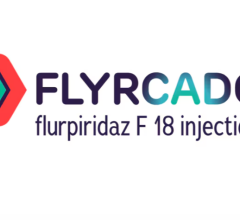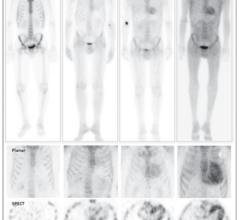December 11, 2007 – Due to the loss of more than 50 percent of the North American Mo-99 supply and its impact on the ability of physicians to perform diagnostic cardiac nuclear medicine studies that depend on a reliable daily supply of isotope Technetium (Tc-99m), The American College of Radiology is investigating how it may be of service to radiologists and other nuclear medicine providers.
Severe cutbacks are occurring throughout the nuclear cardiology community as unit doses of Tc-99m cardiac imaging radiopharmaceuticals are rationed. Urgent nuclear cardiology studies may still be performed with a different cyclotron produced radiopharmaceutical, Thallium-201 (Thallous Chloride).
For noncardiac imaging with nuclear medicine materials, which includes tests for cancer and other disorders, there are very few practical alternatives to Tc-99m radiopharmaceuticals. Other radiology imaging modalities have limited capability and capacity to fill the void.
Radiologists are making every effort to employ alternative imaging methods to provide the information needed by patients and their primary physicians until the supply issue can be resolved.
Mallinckrodt Medical, a subsidiary of Covidien, is able to secure Mo-99 from its production facility in the Netherlands. However, Mallinckrodt cannot fully replace the Mo-99 deficit with its European source.
The ACR will continue to monitor this situation and will inform members of any developments as information becomes available.
For more information: www.acr.org


 March 25, 2025
March 25, 2025 









